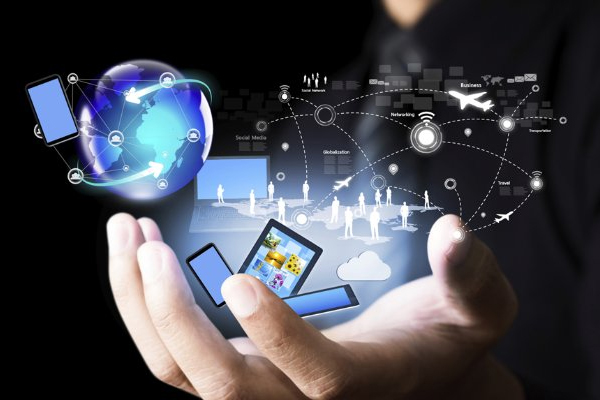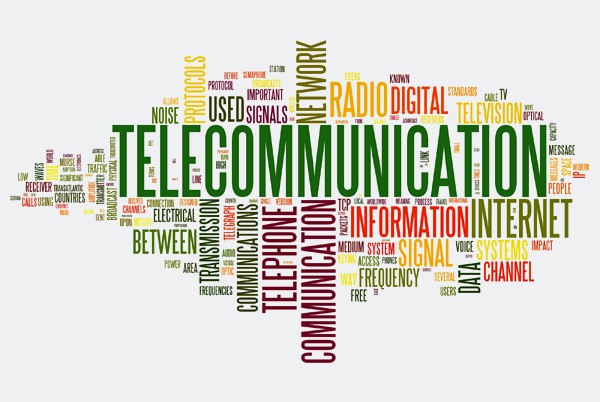In an era marked by rapid technological advancements, telecommunication stands as a cornerstone of our daily existence. From maintaining personal connections to facilitating professional tasks, the impact of telecommunication on modern life is profound and far-reaching. This article explores why telecommunication is essential in our everyday lives, highlighting its role in communication, information access, business, convenience, social interaction, healthcare, and entertainment.

1. Facilitating Seamless Communication
At its core, telecommunication is about bridging distances and enabling communication. Whether through traditional phone calls, text messages, or modern instant messaging apps, telecommunication technologies allow us to stay connected with friends, family, and colleagues regardless of where they are in the world. This ability to communicate instantly helps strengthen relationships, share experiences, and collaborate on various tasks. Video conferencing tools further enhance this by providing face-to-face interactions without the need for physical presence, making it easier to maintain personal bonds and conduct business meetings.
2. Enabling Access to Information
Telecommunication has revolutionized our access to information. The internet, a key component of modern telecommunication, offers a vast repository of knowledge on virtually any topic. This access is crucial for staying informed about current events, understanding global issues, and making informed decisions. Furthermore, online educational resources, such as courses, webinars, and tutorials, allow individuals to learn new skills and pursue knowledge from the comfort of their homes, making education more accessible than ever before.

3. Transforming Business and Work Environments
The professional landscape has been significantly transformed by telecommunication technologies. Remote work, made possible through email, cloud services, and video conferencing, offers flexibility and improves work-life balance. Employees can collaborate on projects, share documents, and conduct meetings from anywhere in the world, which enhances productivity and efficiency. Businesses also use telecommunication to manage customer relationships, provide support, and handle transactions, all of which contribute to a more streamlined and effective operation.
4. Enhancing Convenience and Efficiency
Telecommunication has introduced unprecedented levels of convenience into our lives. Online services such as banking, shopping, and appointment scheduling have simplified many routine tasks. For instance, we can manage our finances, purchase goods, and book services without needing to visit physical locations. This ease of access saves time and reduces the hassle of everyday activities, contributing to a more efficient and less stressful lifestyle.

5. Supporting Social Interaction
Social media platforms, which rely on telecommunication technologies, play a significant role in our social lives. These platforms enable us to connect with people, share updates, and participate in communities regardless of geographic limitations. Social media fosters a sense of connection and belonging, allowing us to maintain relationships, engage in discussions, and stay updated on the lives of those we care about
6. Fostering Innovation and Economic Growth
The telecommunication industry itself drives economic growth and innovation. Investments in telecommunication infrastructure and technology create jobs, stimulate economic activity, and foster innovation. The development of new telecommunication technologies, such as 5G and IoT (Internet of Things), continues to open up new opportunities for businesses and entrepreneurs, further fueling economic progress and technological advancement.

7. Bridging the Digital Divide
Telecommunication is key to addressing the digital divide—the gap between those who have access to modern information and communication technologies and those who do not. Expanding telecommunication infrastructure to underserved areas helps bridge this gap, providing equitable access to digital resources and opportunities. This inclusivity is essential for ensuring that all individuals can participate in the digital economy and benefit from technological advancements.
Conclusion
Telecommunication is deeply embedded in our daily lives, influencing how we connect, work, access information, and ensure our safety. Its role extends beyond mere convenience, serving as a critical infrastructure that supports various aspects of modern living. As technology continues to advance, the importance of telecommunication will only grow, further enhancing our ability to communicate, collaborate, and thrive in an interconnected world. Embracing and investing in telecommunication is not just about keeping up with the times—it’s about ensuring that we remain connected, informed, and empowered in an increasingly digital age.



